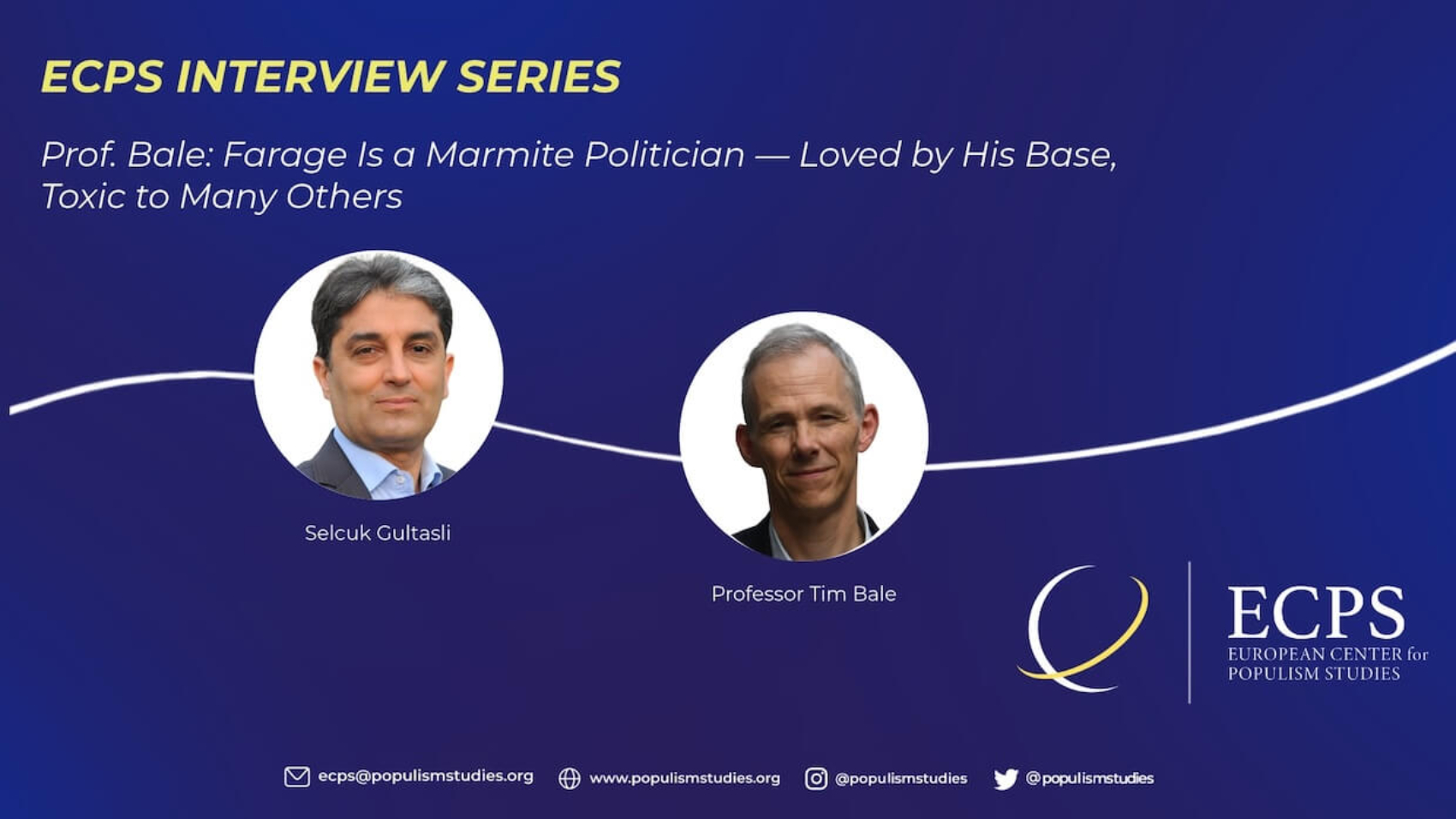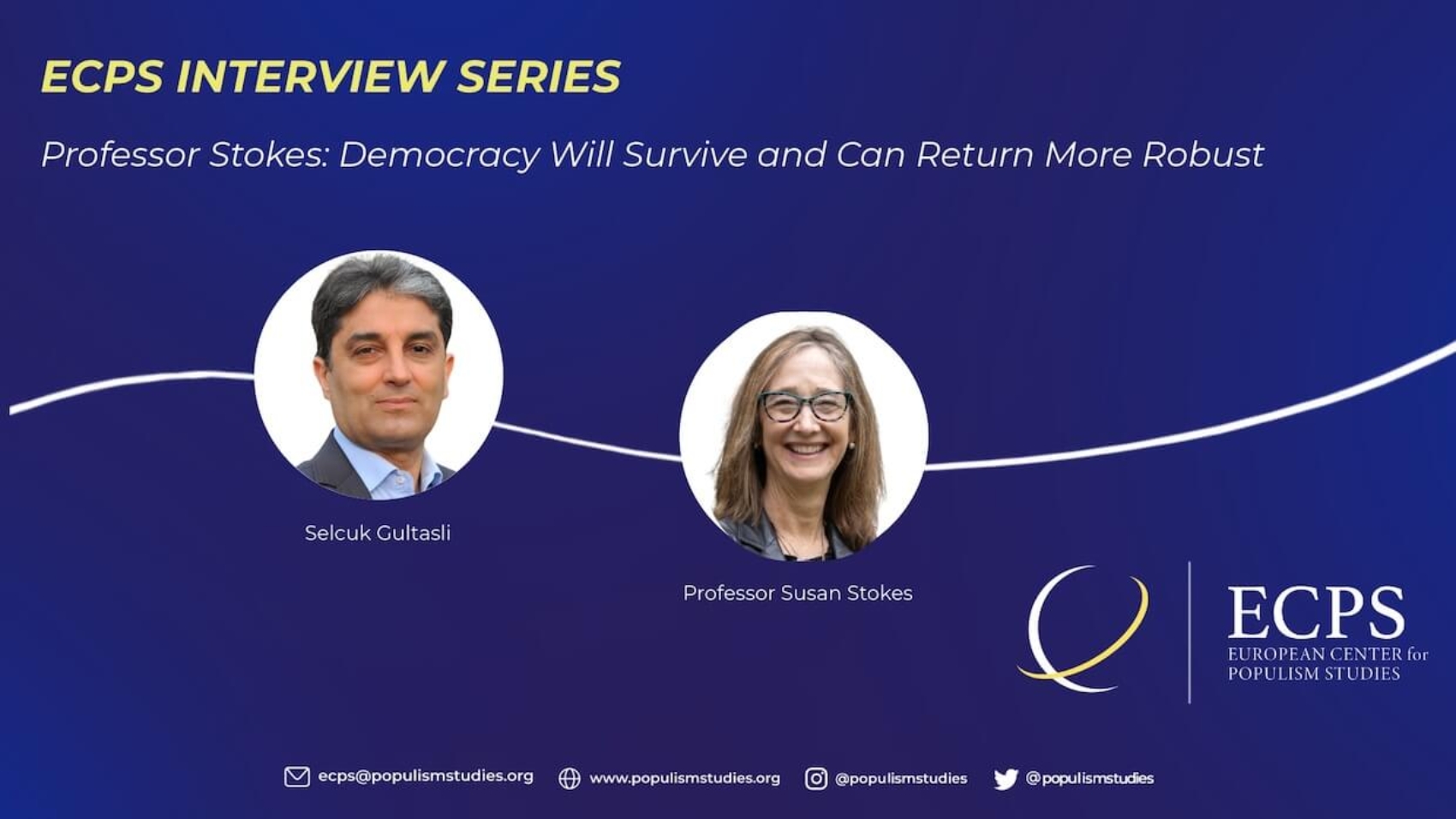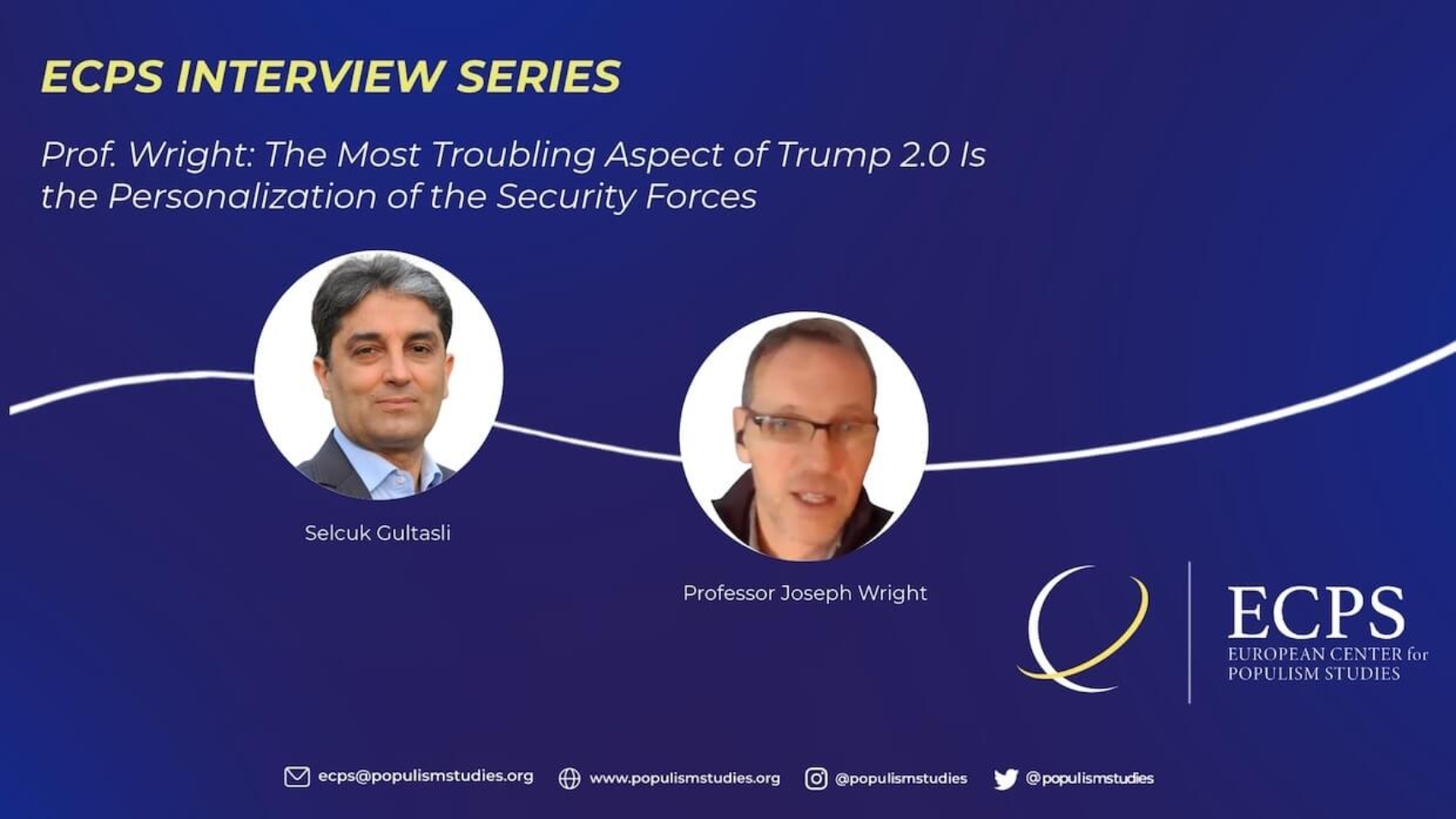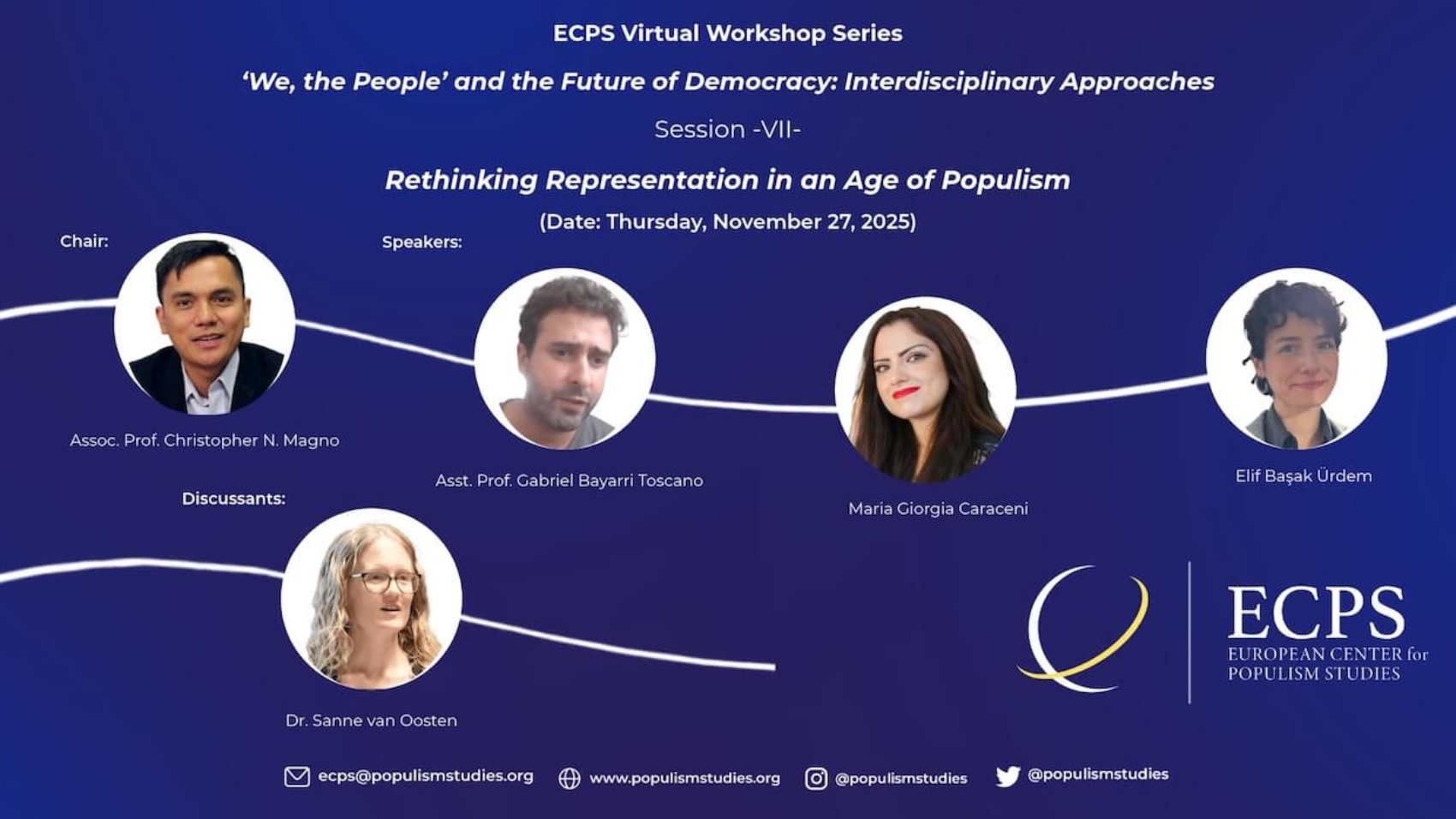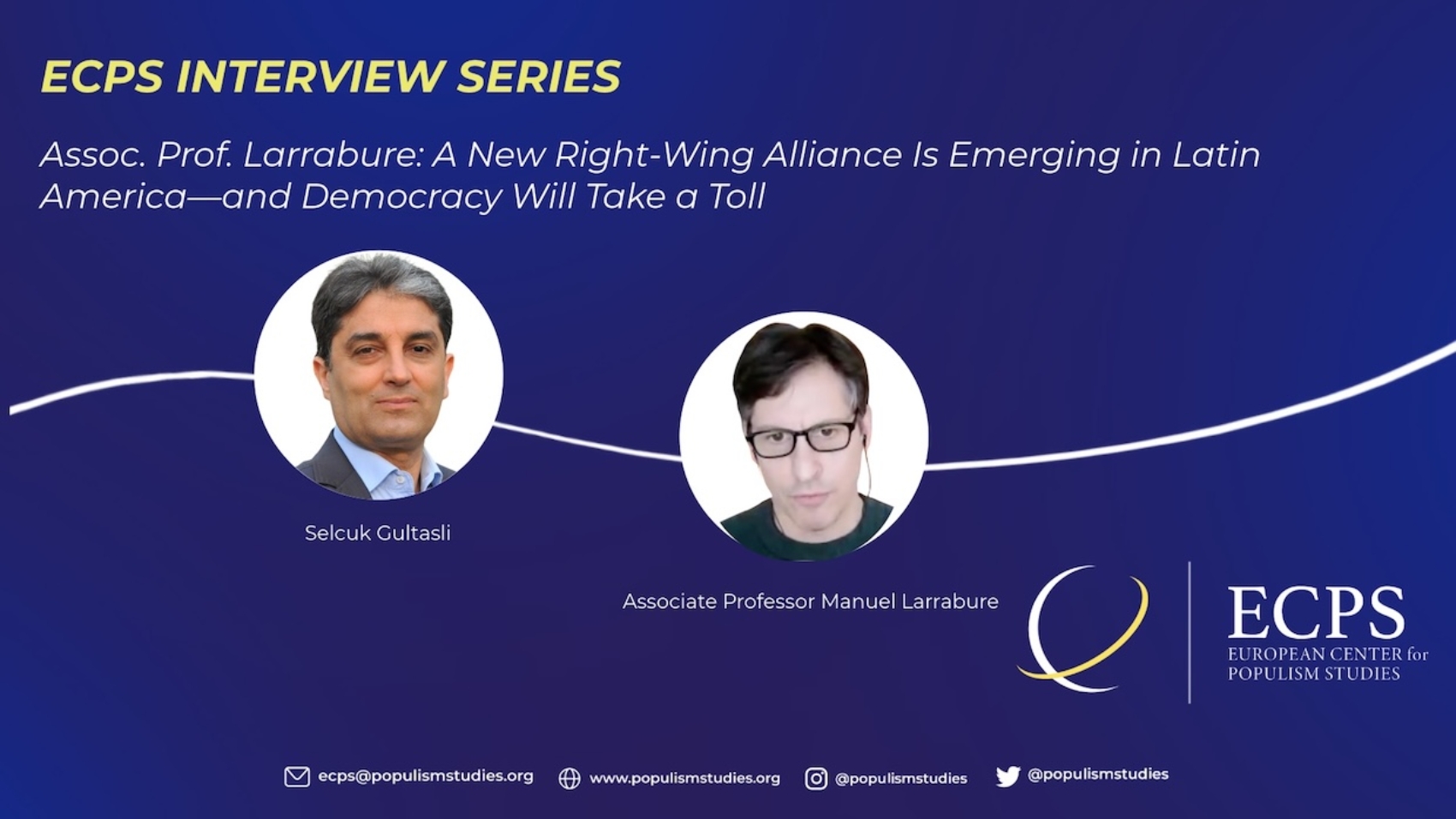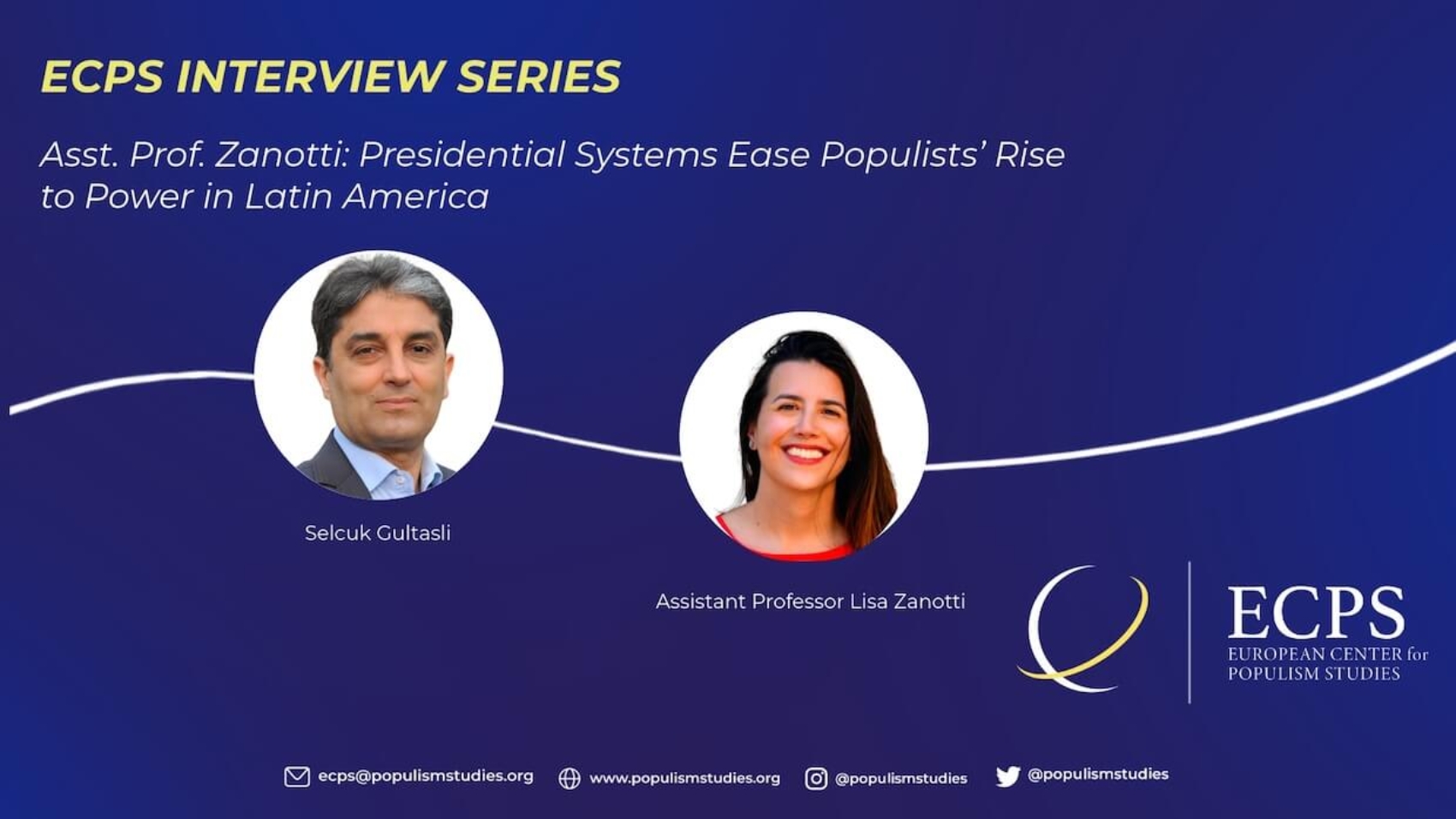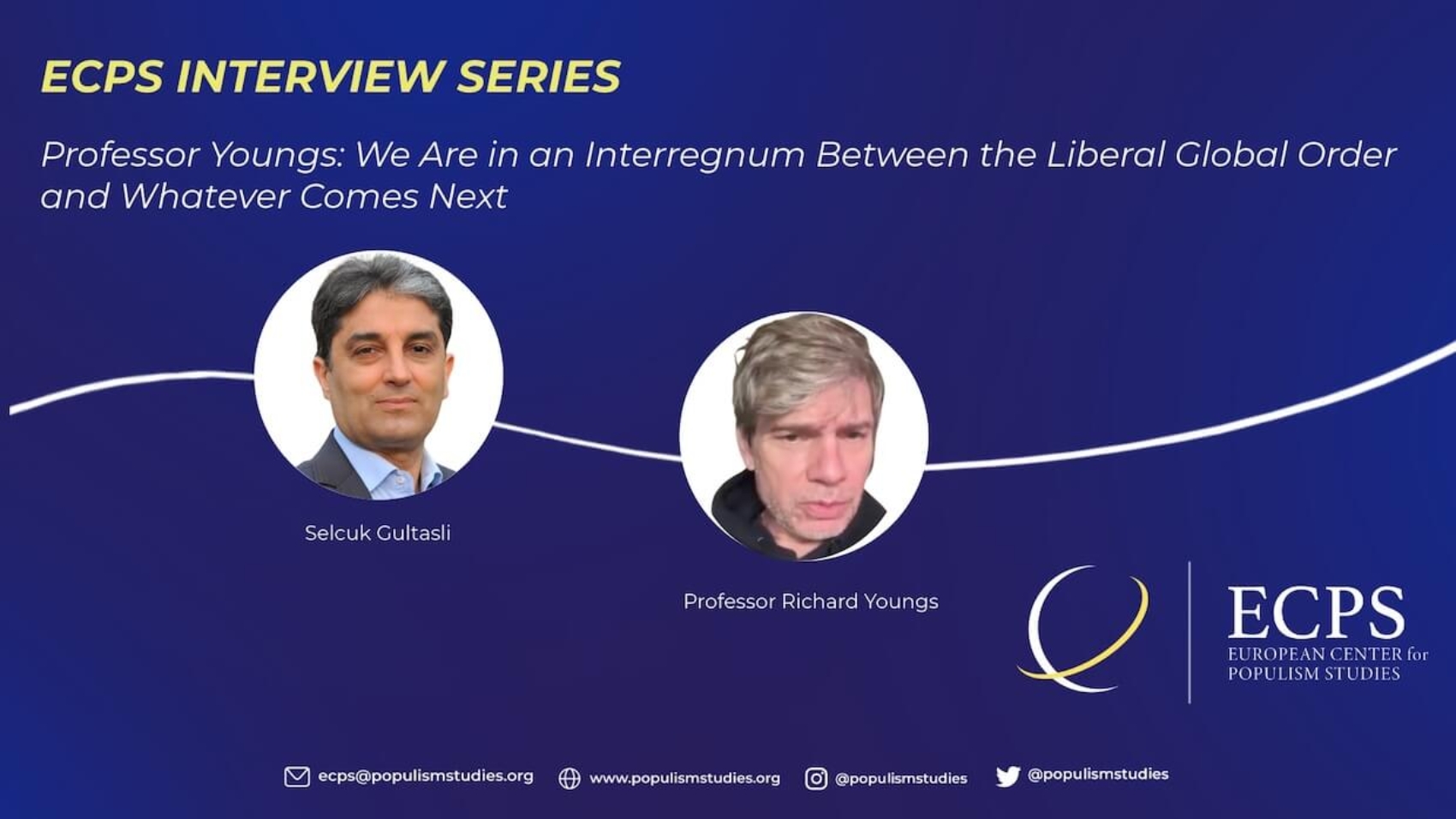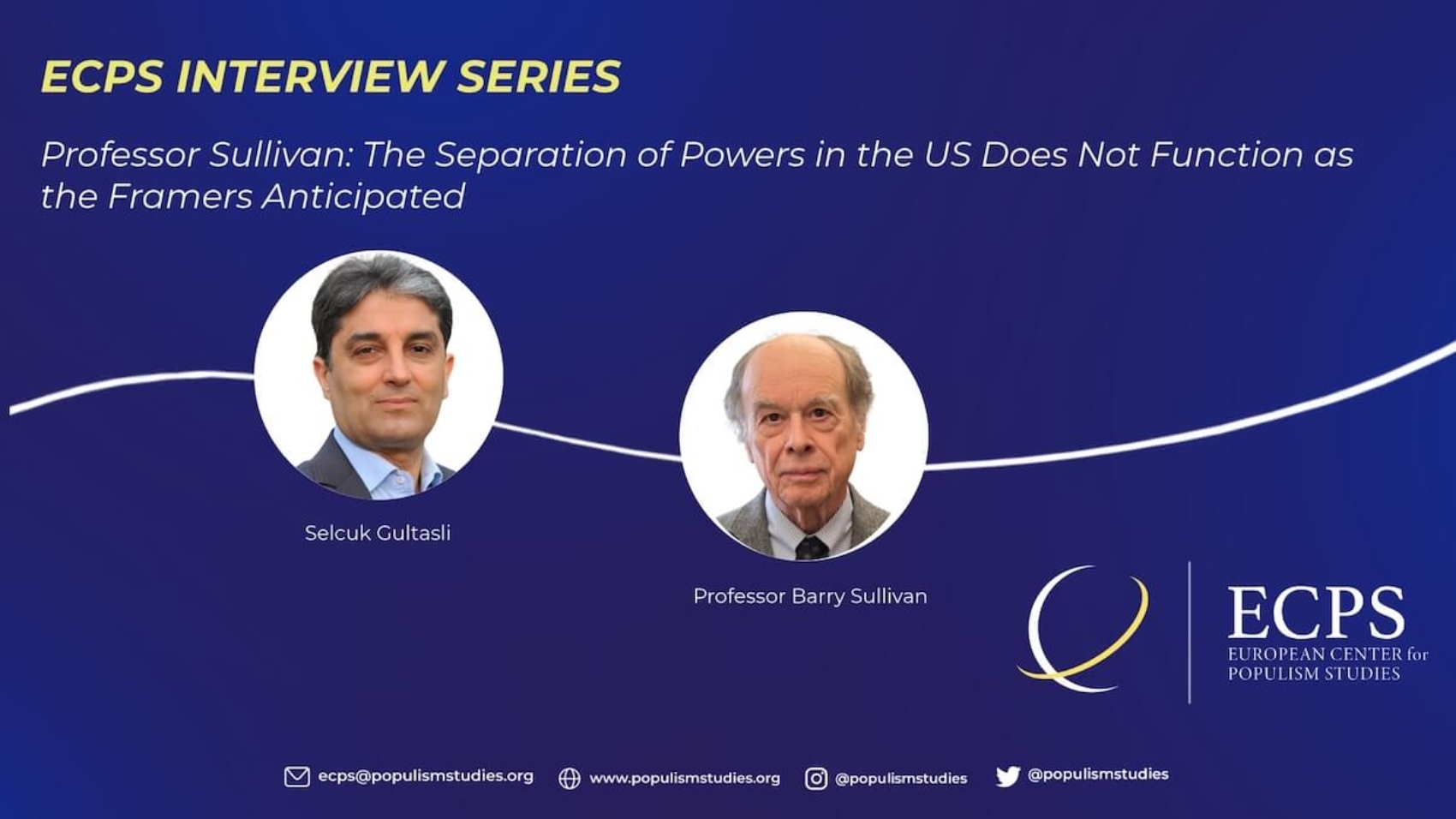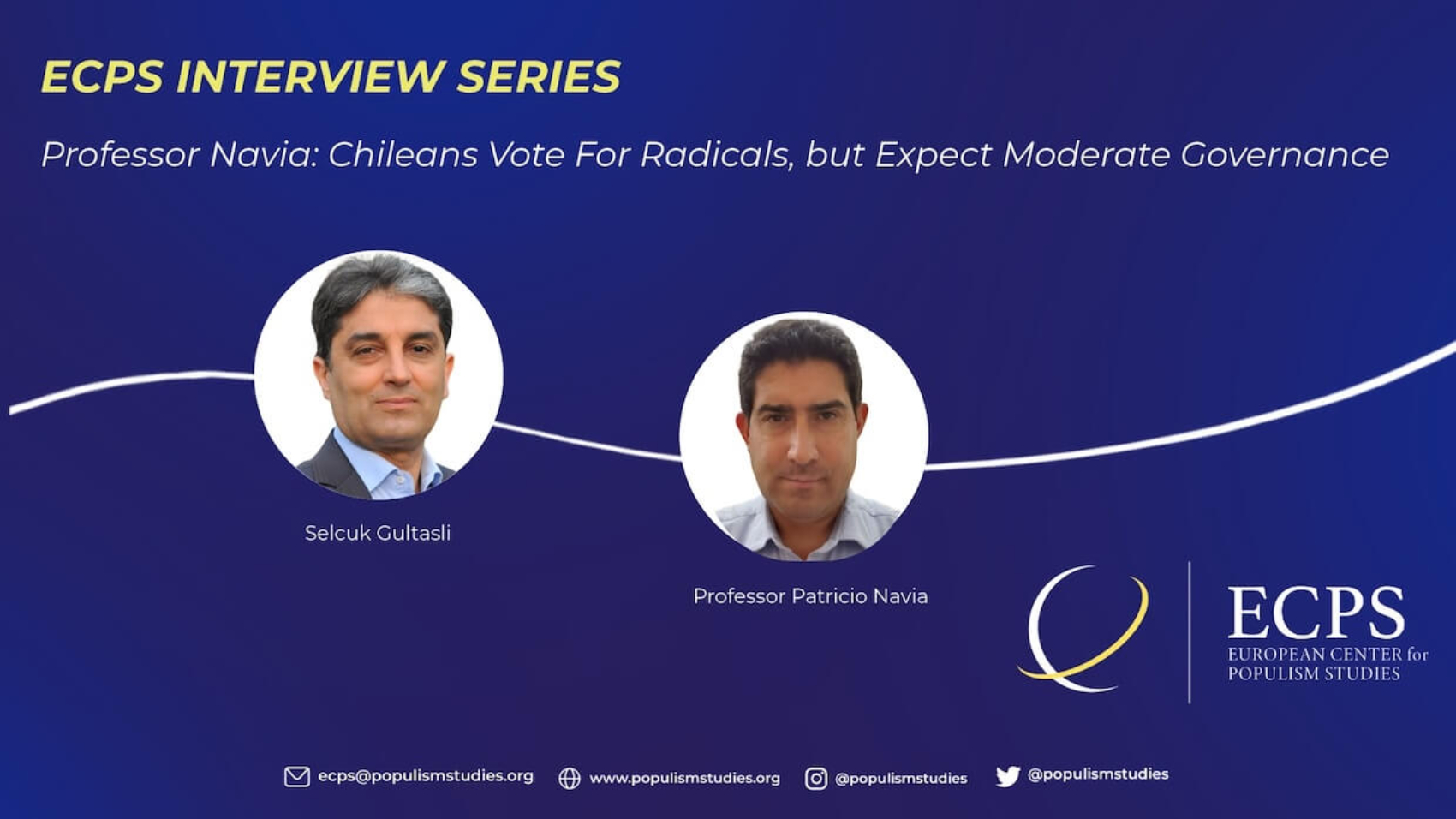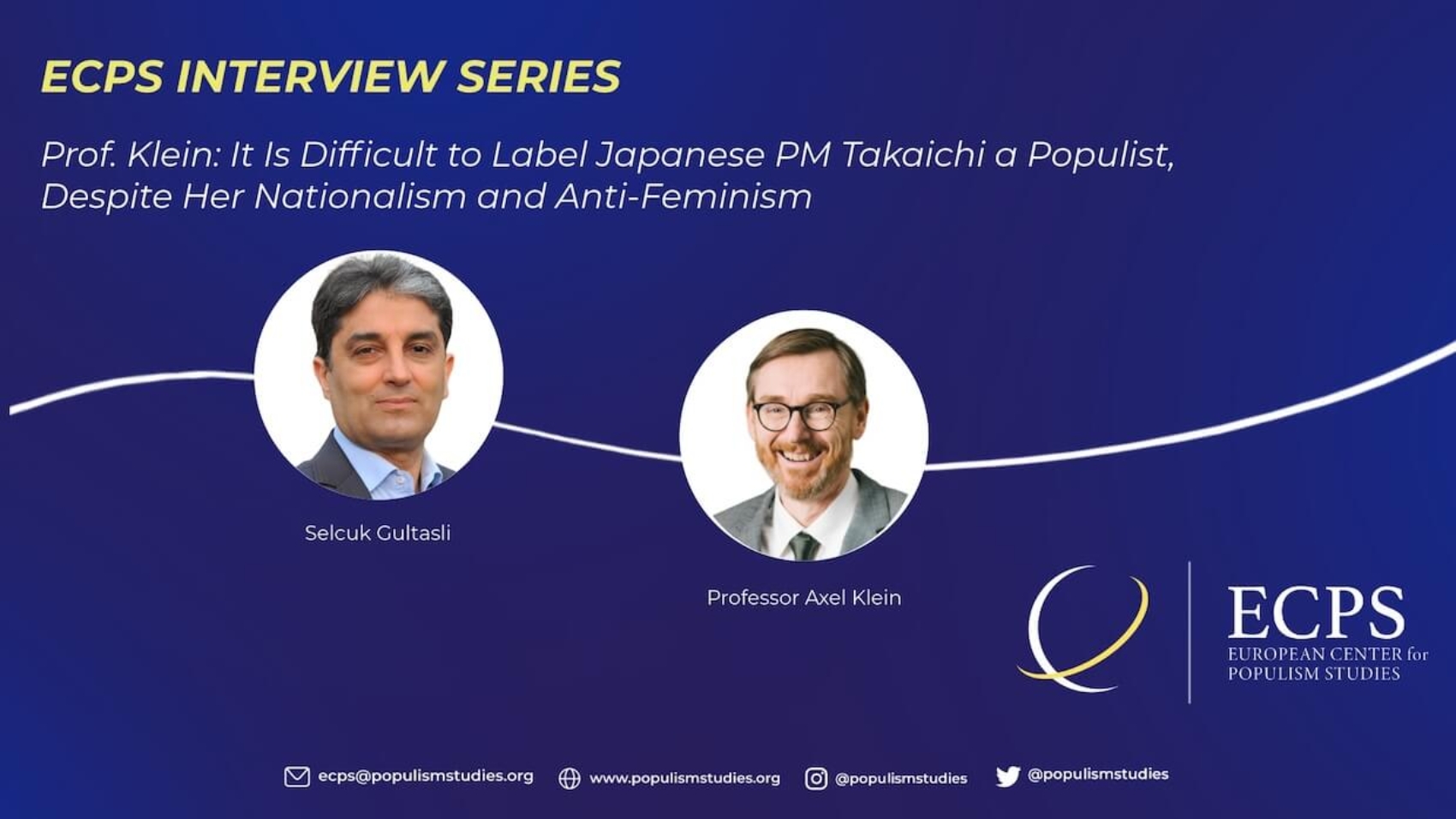In this in-depth interview for ECPS, Professor Tim Bale offers a sharp assessment of Reform UK’s rise and Nigel Farage’s polarizing leadership. Farage, he argues, is “a Marmite politician — people either love or hate him,” making him both Reform’s engine and its constraint. Professor Bale suggests that Farage exemplifies “a classic populist radical-right leader” who channels anti-elite sentiment, yet risks alienating voters beyond his base. He links Reform’s surge less to ideological realignment than to Conservative decay, marked by Brexit fragmentation, leadership churn, and “over-promis[ing] and under-deliver[ing] on migration.” While Reform may reshape the political terrain, Professor Bale warns its ceiling remains visible—especially if questions of competence, Russia, and generational change intensify. Reform’s future, he concludes, is possible, but far from inevitable.
Interview by Selcuk Gultasli
Giving an interview to the European Center for Populism Studies (ECPS), Professor Tim Bale—Professor of Politics in the Department of Politics and International Relations at Queen Mary University of London—offers a wide-ranging analysis of Nigel Farage, Reform UK, and the structural realignments reshaping British party politics. His insights are grounded in decades of scholarship on party evolution, populist rhetoric, and leadership psychology, making his perspective essential for understanding the United Kingdom’s shifting electoral landscape.
Throughout the interview, Professor Bale situates Nigel Farage as both emblem and engine of Britain’s contemporary radical right. As he puts it, “Nigel Farage is, in many ways, a classic example of a populist radical-right leader,” one who mobilizes support through a moralized confrontation between “the people” and supposed elite betrayal. Yet Farage’s strength is also his constraint. Professor Bale memorably describes him as “a Marmite politician,” a figure voters “either love or hate,” noting that this polarization “probably places a limit on Reform’s appeal.” Farage, therefore, embodies both populist vitality and electoral risk—“the ideal leader” in the eyes of his base, yet “a figure of suspicion” for many beyond it.
This duality frames Professor Bale’s central contention: that Reform UK’s rise must be understood not only in ideological terms but as an artefact of Conservative decay. Years of intra-party conflict, Brexit-driven fragmentation, and “over-promis[ing] and under-deliver[ing] on migration” have opened political space for Farage’s insurgency. Yet Professor Bale cautions against assuming an irreversible realignment. The Conservative Party remains “rooted in the middle-class political culture of the UK,” with institutional depth and internal veto points that make any “reverse takeover” more difficult than populist narratives imply.
Focusing on the structural and sociological conditions that shape political possibility, Professor Bale further highlights a widening generational divide. While education and age have become stronger electoral predictors than class, cultural conflict alone cannot explain support for Reform. If public priorities shift back from national issues to personal ones—from immigration to “the cost of living, [and] the state of public services”—Reform’s momentum may plateau. Moreover, its perceived softness on Russia remains “an Achilles’ heel,” one that stalled its surge when public attention sharpened in 2024.
Across this interview, Professor Bale neither exaggerates inevitability nor discounts volatility. Instead, he offers a sober framework for evaluating whether Reform represents a durable transformation or a protest cycle with a ceiling. Britain, he suggests, now faces a future where polarization, demographic turnover, institutional vulnerability, and charismatic leadership converge—precariously. This conversation, therefore, is not only timely, but analytically consequential.

